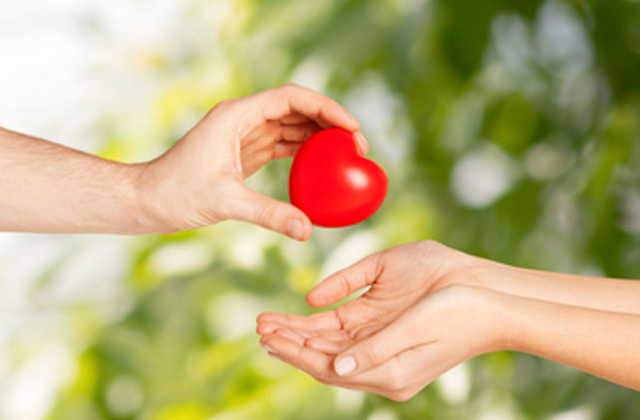A General Overview of The Egg Donation Process
Giving birth is a natural and an indispensible phenomenon that is why your egg is beneficial in donating to charity. Without it we all will be extinct. Scientifically, our capability of reproducing – be it sexual or asexual – is one of the factors that separate us from a non-living being. Normally, almost everyone of us are born with the capability to reproduce but sometimes, due to various reason, we fail to create a new life form. More complex an organism is, more complex will be the breeding process and more complex will be the problems associated with it. We, humans – more than other animals – often face these problems because of the complexity of our body. Problems related to reproduction have a long list of reasons and causes. Some of them can be treated, some of them are incurable. Over few decades, our knowledge about the human body has increased tremendously and every day the medical science is growing exponentially. Now, we have solutions to many problems, which at one point we didn’t. One of those problems is the inability of the female partner to produce the egg. A decade ago, it was a problem without an answer but now we have the Egg donation process.
What is Egg Donation process?
Egg donation (like Sperm donation) is a technique undertaken by a couple/individual to conceive a child when the female partner (in case of egg donation) is incapable of producing the egg i.e. she is infertile. In this case, an unfertilized egg is taken from the ovary of the egg donor, fertilized using the same procedure used to create a test tube baby. After the process of fertilization, the embryos are placed inside the womb of the recipient. It is called a third party reproduction due to the involvement of a donor.
When should one choose this method of conceiving a baby?
Any woman who has difficulty producing the egg or incapable of producing the egg or has depleted their stock of eggs due to menopause can choose this procedure.
Who can donate the egg?
Donation is a noble activity and organ or gamet donation is the noblest of all. Most of the adult, menstruating woman are capable of donating eggs but for the safety of everyone certain criteria has to be followed.
The eligibility criteria of becoming an egg donor:
1. Age: 21 to 35 is the ideal age. She should not be above 35 years old.
2. Psychological Health: She must undergo some screening test that will evaluate her psychological condition. She will be chosen as a donor after being sure the she is mentally and psychologically healthy enough to donate her eggs.
3. Other tests: There will be some tests to check whether she has the capability of nurturing the egg. There will be other tests to find out whether or not she has any inherited disease.
Is this process safe for the Donor?
This surgical procedure is not deadly under any circumstance. No major complication, other than some mild pain and side effects, has been cited yet while retrieving the egg. Even the side-effects have not been noticed in all the cases. However there are chances of unintended injury to the blood vessels, uterus and bladder. The donor must be made aware of all the risks, even before she agrees to be one.


